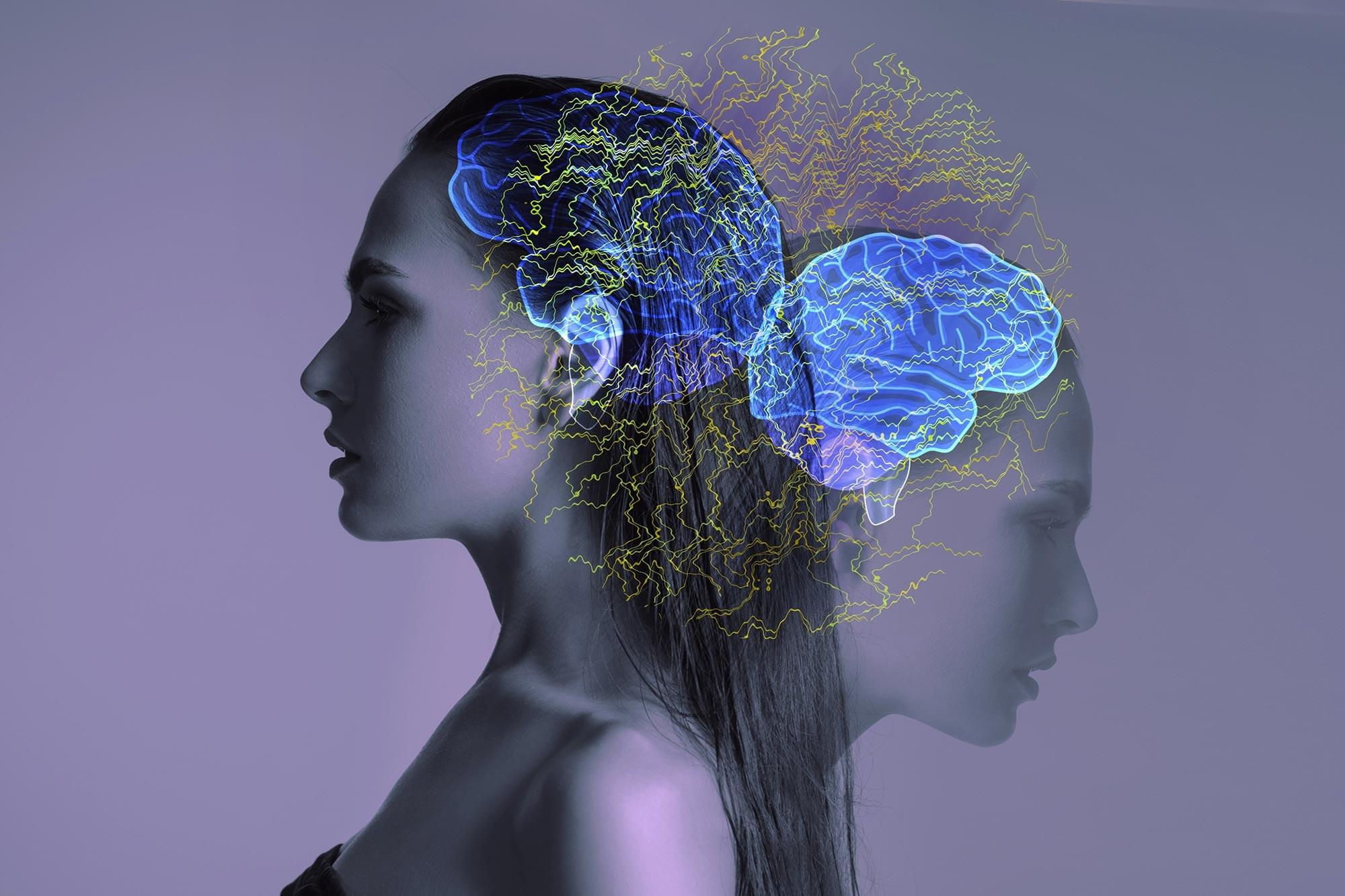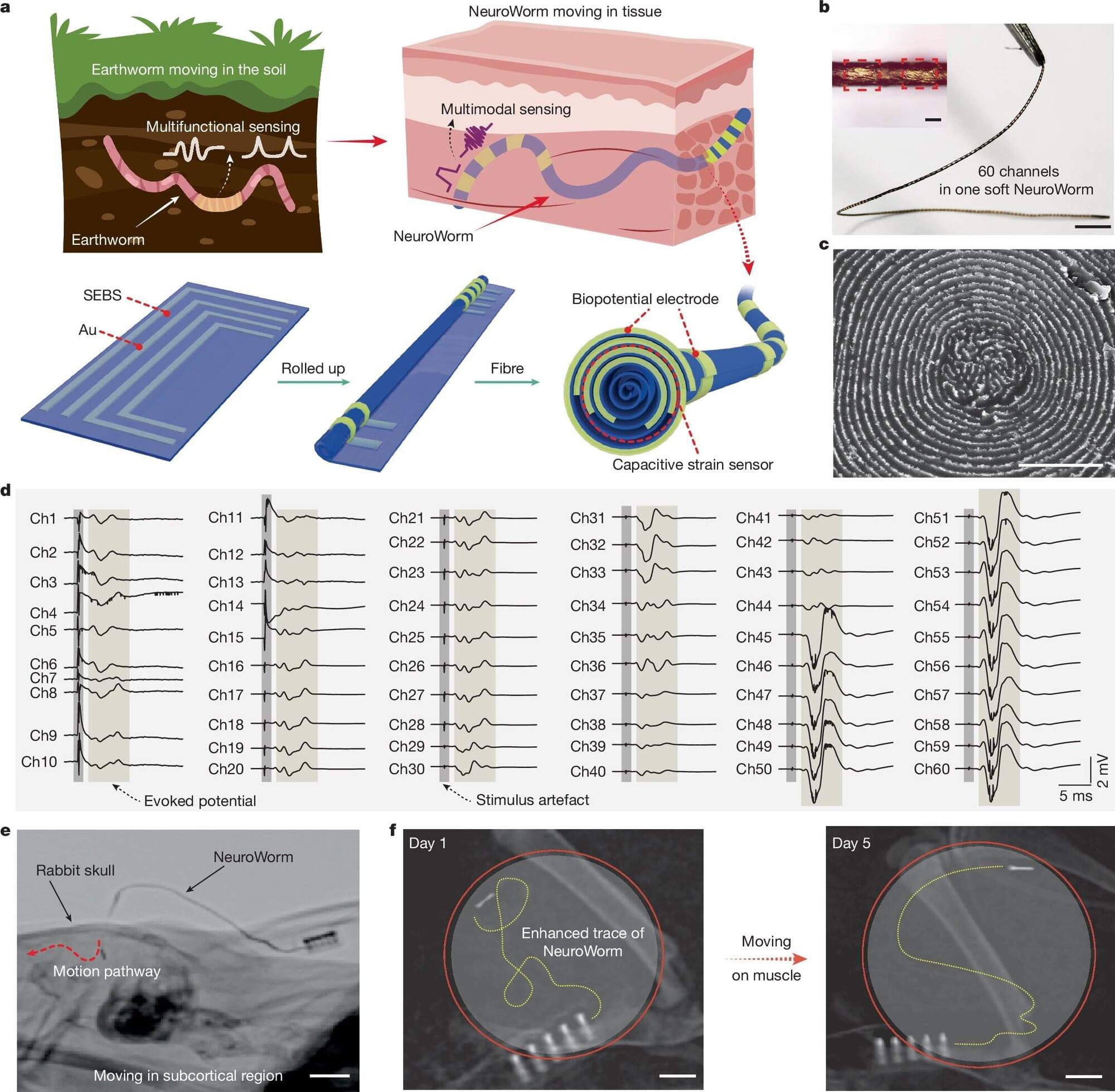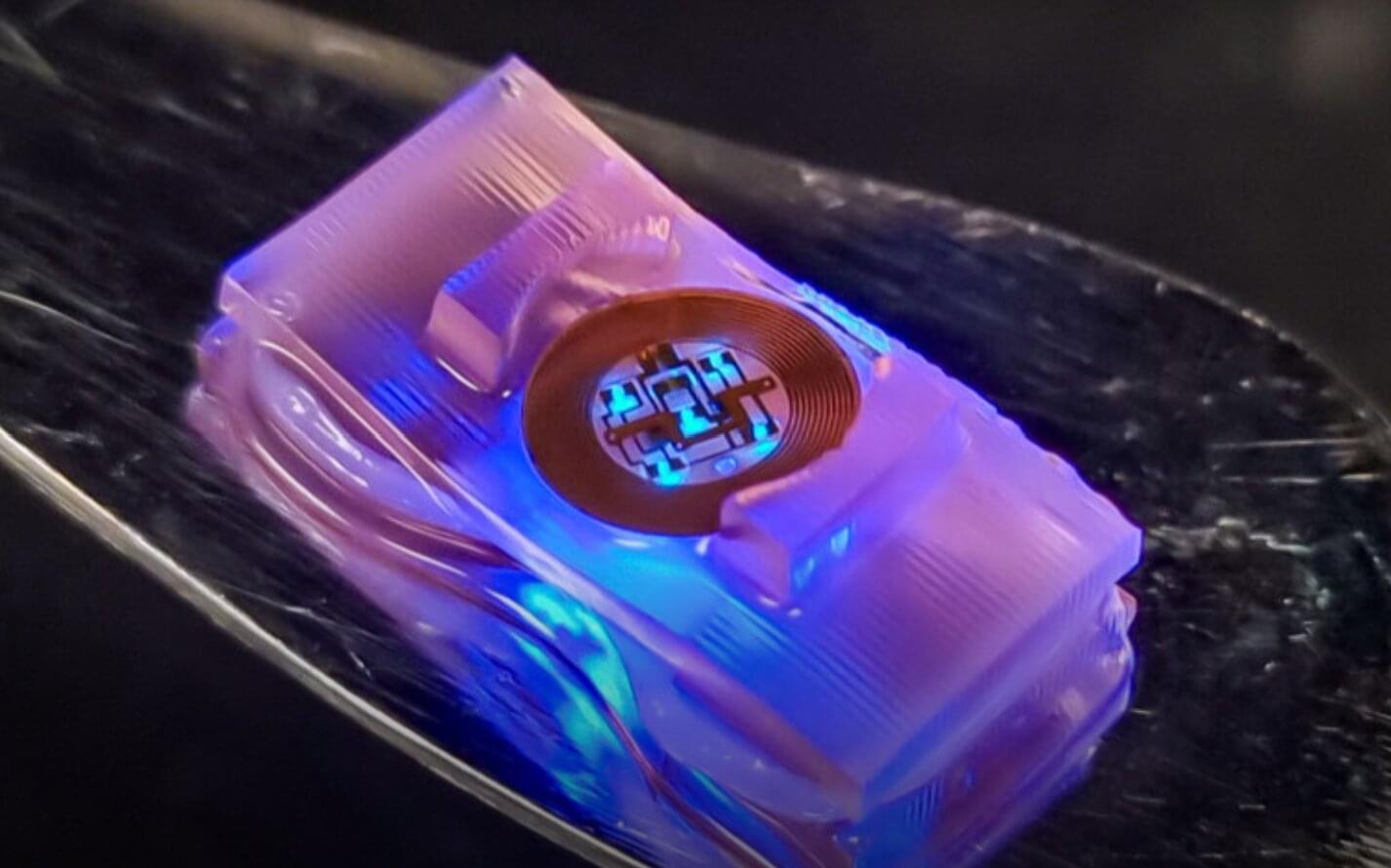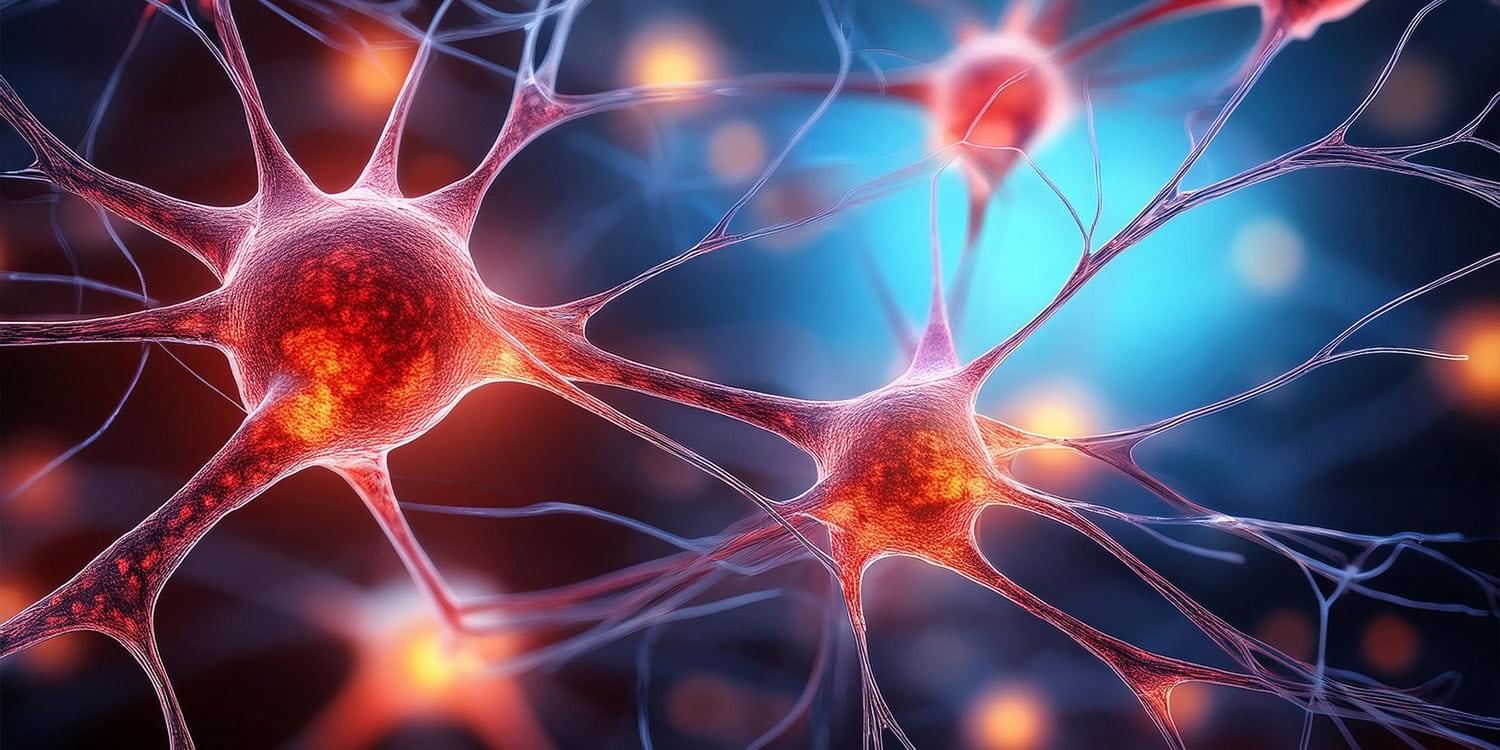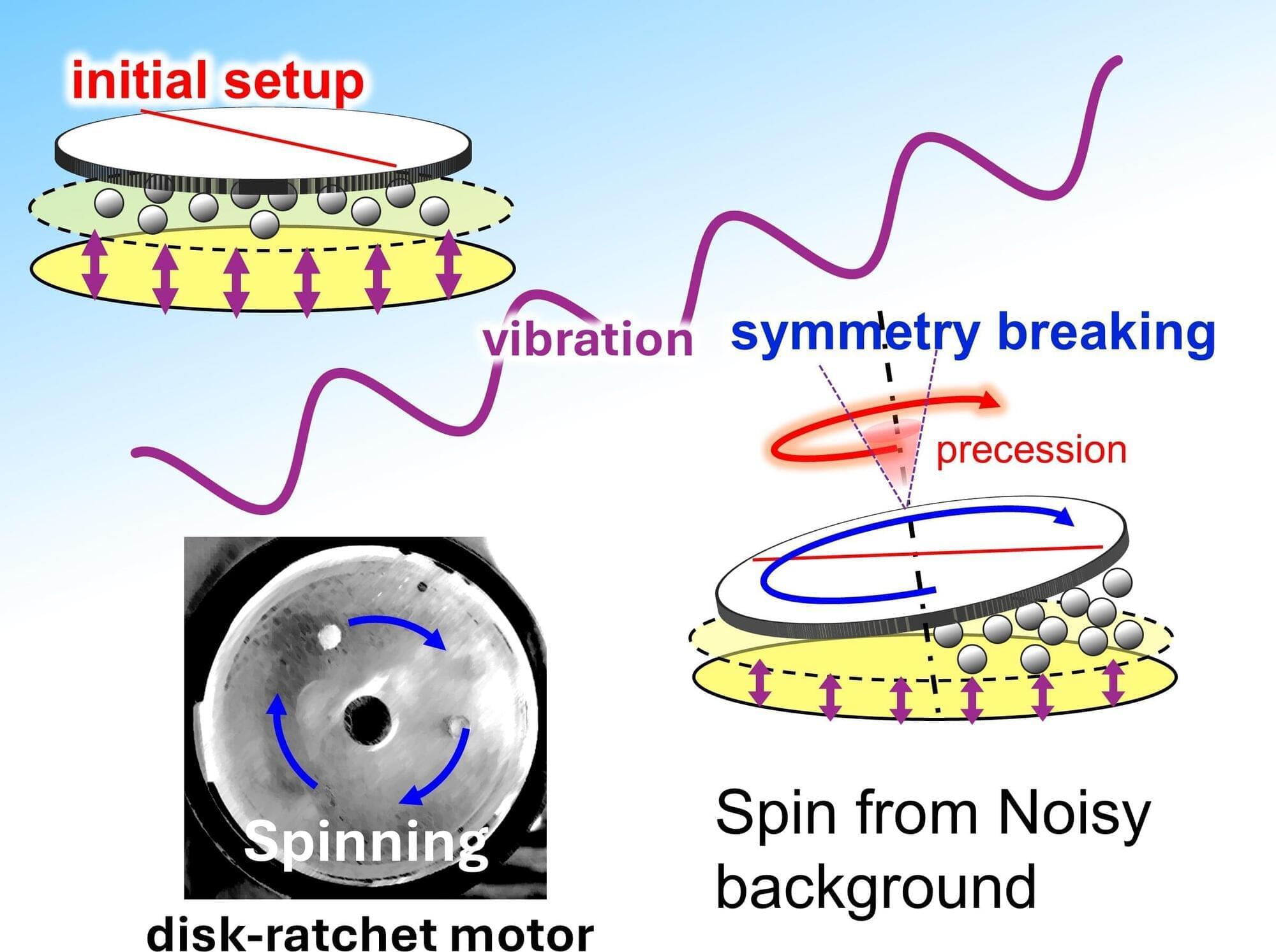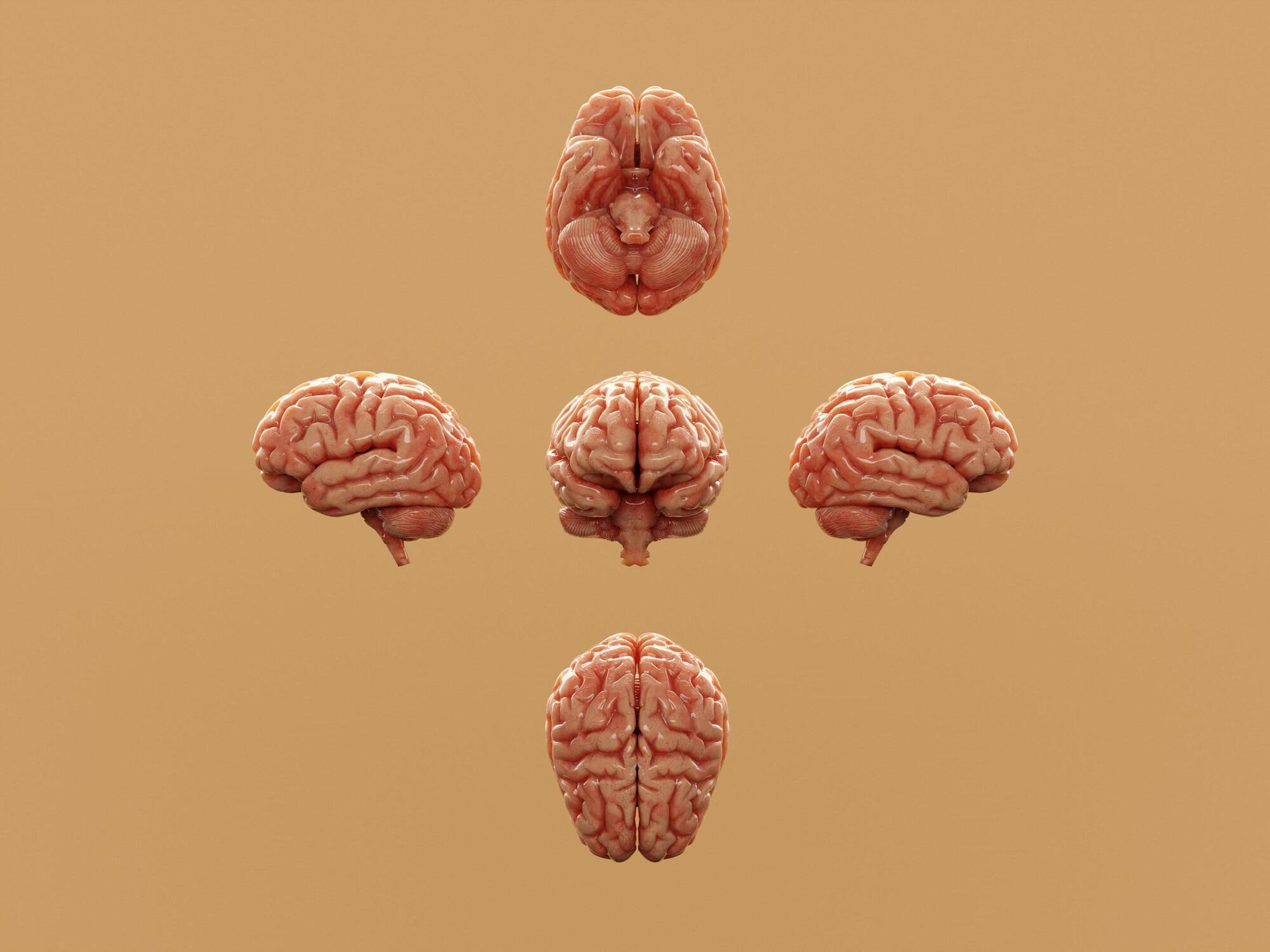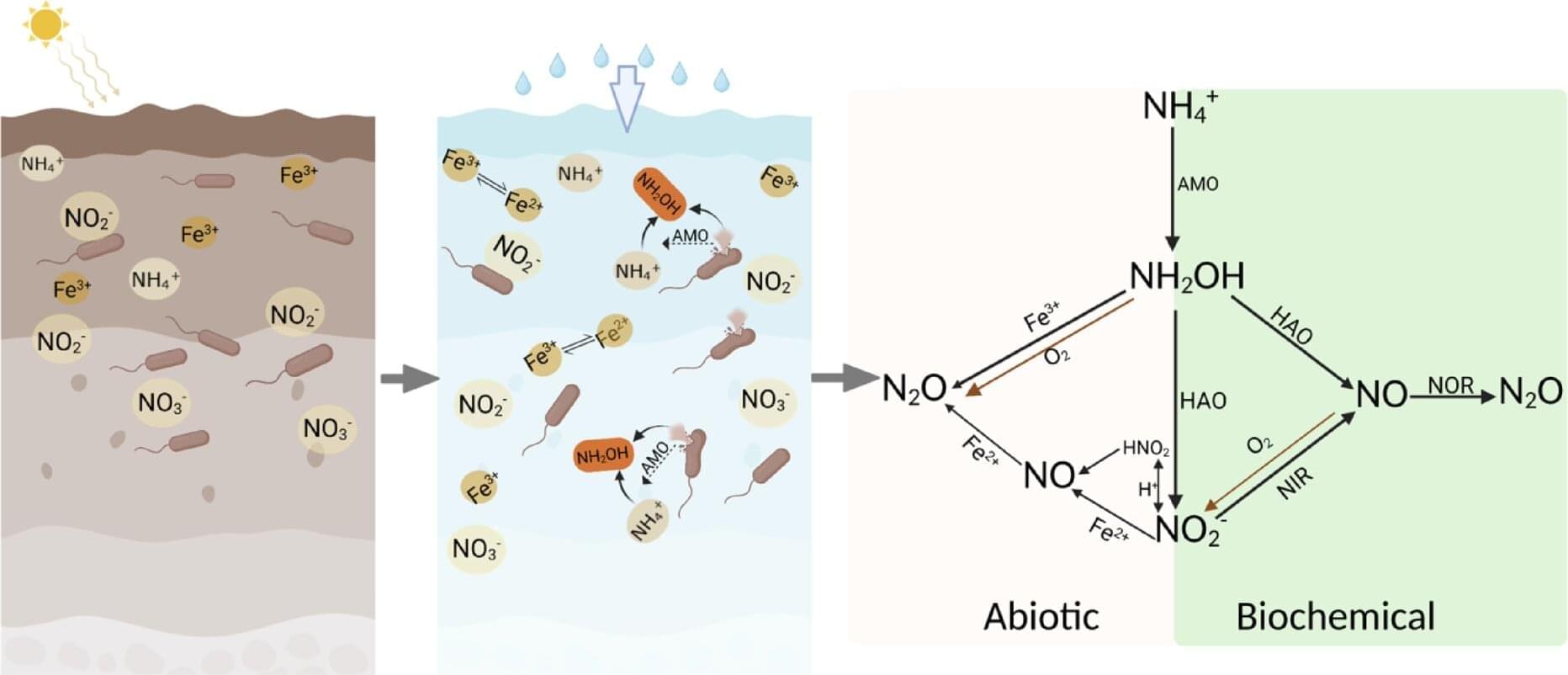In brain-computer interfaces (BCIs) and other neural implant systems, electrodes serve as the critical interface and are core sensors linking electronic devices with biological nervous systems. Most currently implanted electrodes are static: Once positioned, they remain fixed, sampling neural activity from only a limited region. Over time, they often elicit immune responses, suffer signal degradation, or fail entirely, which has hindered the broader application and transformative potential of BCIs.
In a study published in Nature, a team led by Prof. Liu Zhiyuan, Prof. Xu Tiantian and Assoc. Prof. Han Fei from the Shenzhen Institute of Advanced Technology of the Chinese Academy of Sciences, along with Prof. Yan Wei from Donghua University, have reported a soft, movable, long-term implantable fiber electrode called “NeuroWorm,” marking a radical shift for bioelectronic interfaces from static operation to dynamic operation and from passive recording to active, intelligent exploration.
The design of NeuroWorm is inspired by the earthworm’s flexible locomotion and segmented sensory system. By employing sophisticated electrode patterning and a rolling technique, the researchers transformed a two-dimensional array on an ultrathin flexible polymer into a tiny fiber approximately 200 micrometers in diameter.
